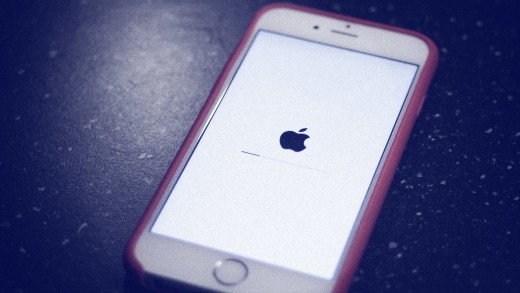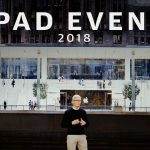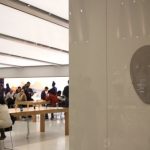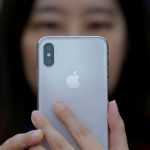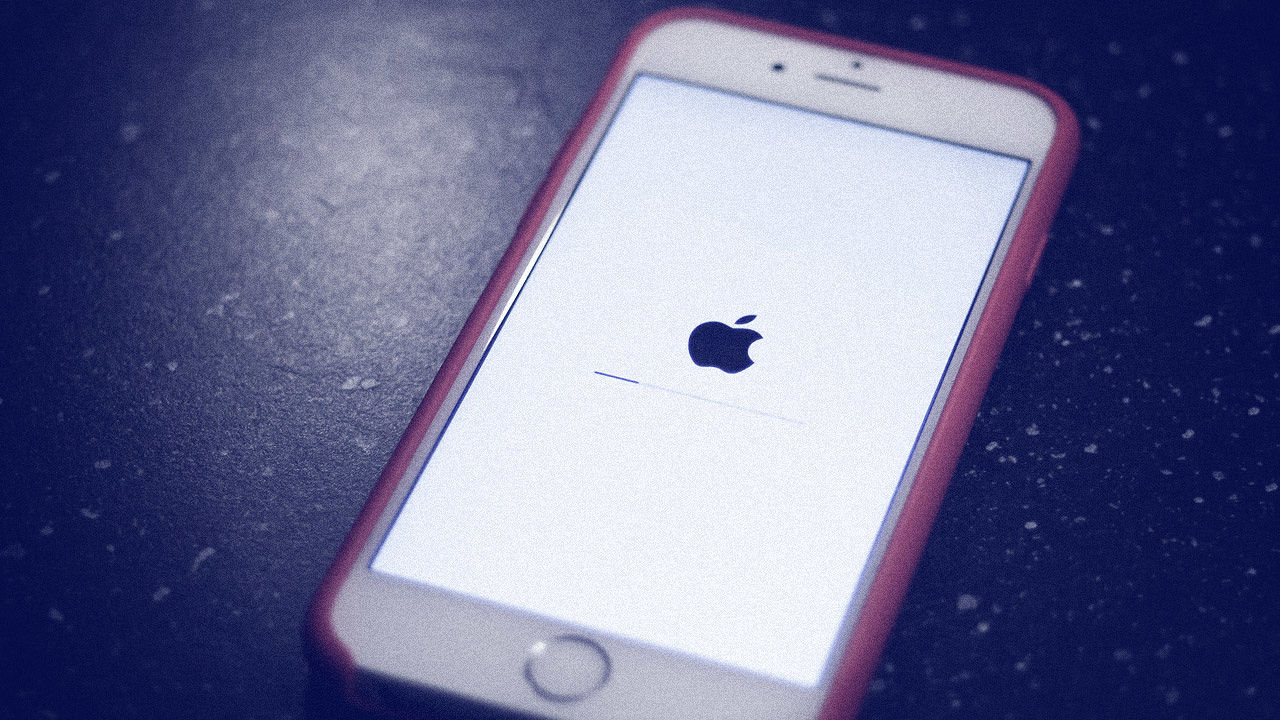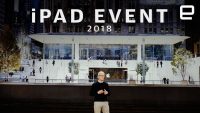Apple Asks Court To Vacate Order In Encryption Standoff
Apple has filed a motion in the District Court of the Central District of California, asking that the court vacate its February 16 order that the company help the FBI hack in to the iPhone used by San Bernardino shooter Syed Farook.
Apple argues in the filing that the court overreached when relying on an archaic law called the “All Writs Act” to compel Apple to write a custom firmware code that would disable key security features in Farook’s phone.
And, as expected, Apple makes a wider argument about the harmful implications of the order. This is the first line of Apple’s motion:
“This is not a case about one isolated iPhone. Rather, this case is about the Department of Justice and the FBI seeking through the courts a dangerous power that Congress and the American people have withheld.”
Apple has said that it has no way to prevent a special key used to unlock one phone from leaking out into the wild to people who could use it to hack into many other phones.
However, Apple’s attorneys describe a much more immediate and tangible fear—that the current court order might open the floodgates to many others.
“If this order is permitted to stand it will be only a matter of days before some other prosecutor, in some other important case, in front of some other judge, seeks a similar order using this case as precedent,” the motion reads.
The filing comes one day before the deadline Friday, and a few days ahead of a House Judiciary Committee hearing on the matter March 1.
It comes a day after Apple CEO Tim Cook appeared on national television saying that the software “key” his company is being asked to create to access Farook’s phone would be like a spreading “cancer.”
Apple believes a key created for one iPhone 5c could be used to unlock other such devices, and that there’s no way to guarantee that such a key would not be released in the wild after first use.
The History of Apple (In Three Minutes):
Fast Company , Read Full Story
(18)

